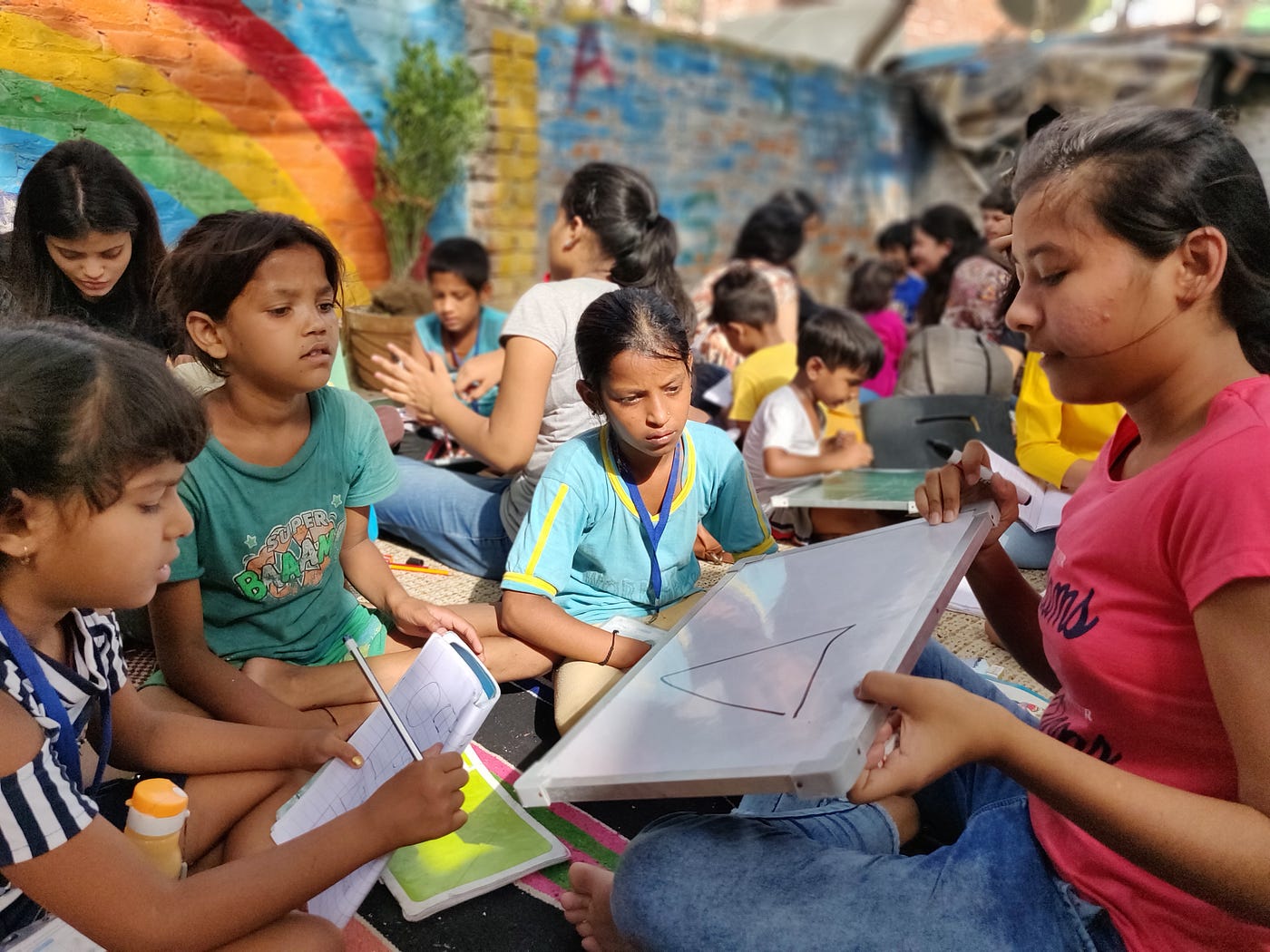Education is a powerful tool for breaking the cycle of poverty and empowering individuals and communities. In underprivileged areas, NGOs play a crucial role in providing access to quality education. This blog explores innovative strategies that NGOs can use to improve education for marginalized communities in India.
Leveraging Technology for Education
E-Learning Platforms
NGOs can utilize e-learning platforms to provide educational content to students in remote areas. These platforms offer interactive lessons, videos, and quizzes that can make learning engaging and accessible.
Mobile Learning
Mobile phones are widely used even in underprivileged areas. NGOs can develop mobile-friendly educational content and apps to reach students who may not have access to computers or the Internet.
Community Involvement and Awareness Campaigns
Engaging Local Communities
Involving local communities in educational initiatives can foster a sense of ownership and responsibility. Community members can volunteer as educators, mentors, or facilitators, creating a supportive learning environment.
Awareness Campaigns
NGOs can run awareness campaigns to highlight the importance of education and encourage parents to enroll their children in school. These campaigns can address cultural and societal barriers that prevent children, especially girls, from attending school.
Innovative Teaching Methods
Interactive Learning
Implementing interactive teaching methods, such as group activities, discussions, and hands-on projects, can make learning more engaging and effective. These methods can help students develop critical thinking and problem-solving skills.
Vocational Training
Providing vocational training can equip students with practical skills that enhance their employability. NGOs can collaborate with local businesses to offer training in areas such as tailoring, carpentry, and computer skills.
Creating Supportive Learning Environments
Safe Learning Spaces
Establishing safe and conducive learning environments is essential for effective education. NGOs can work to improve school infrastructure, provide necessary resources, and ensure that schools are safe for all students.
Mentorship Programs
Mentorship programs can provide students with guidance and support from role models in their community. Mentors can help students set goals, overcome challenges, and stay motivated in their educational journey.
Partnerships with Government and Other Organizations
Collaborating with Government Agencies
NGOs can partner with government agencies to implement educational programs and policies. Collaboration can ensure that initiatives are sustainable and aligned with national education goals.
Working with Other NGOs
Forming partnerships with other NGOs can enhance the reach and impact of educational initiatives. By pooling resources and expertise, NGOs can create comprehensive programs that address various aspects of education.
Monitoring and Evaluation
Tracking Progress
Monitoring and evaluating the progress of educational initiatives is crucial for ensuring their Continuous Improvement and effectiveness. NGOs can use data and feedback to assess the impact of their programs and make necessary adjustments.
Based on evaluation results, NGOs can continuously improve their strategies and programs. Adapting to changing needs and challenges can enhance the quality and impact of education in underprivileged areas.
Innovative strategies are essential for improving education in underprivileged areas. NGOs can leverage technology, engage local communities, implement interactive teaching methods, create supportive learning environments, and form partnerships to enhance educational outcomes. By adopting these strategies, NGOs can provide marginalized communities with access to quality education, empowering them to achieve their full potential and break the cycle of poverty.

